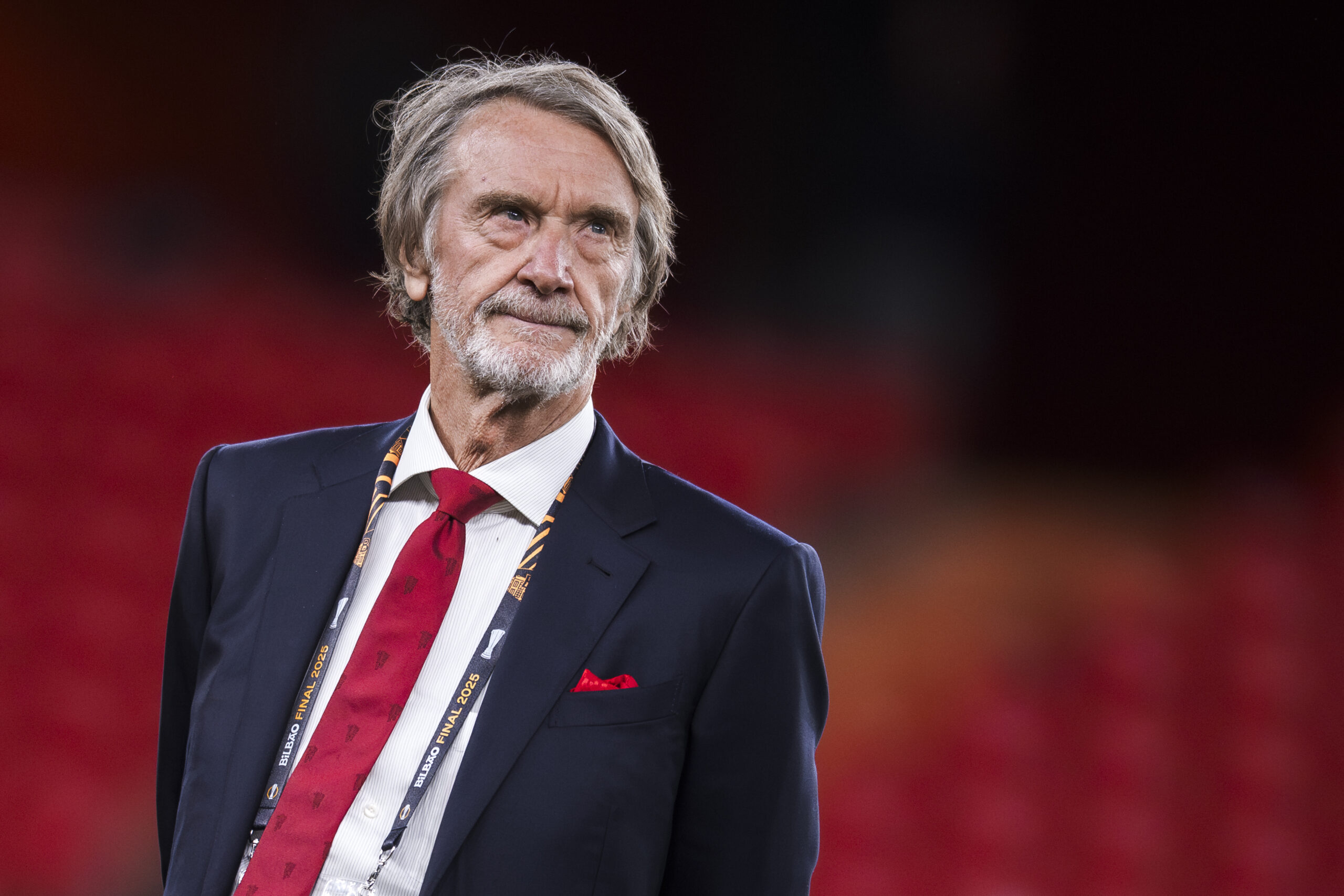Manchester United is grappling with significant challenges in the current transfer window, largely stemming from the club’s lack of European competition. Following a disappointing 15th-place finish in the 2024/25 Premier League season, the club has focused its efforts on revitalizing its squad. Despite recent signings, including Matheus Cunha, Bryan Mbeumo, and Benjamin Sesko for a combined total exceeding £200 million, concerns persist regarding the overall quality and composition of the team.
Financial Constraints and Competitive Appeal
Former Manchester United forward Brian McClair has voiced his concerns about the impact of not participating in European football on the club’s transfer strategy. In an interview with FourFourTwo, he remarked, “No European football means less money to spend, and less reason to choose Manchester United over others.” This lack of attraction can make it challenging for the club to secure top-tier talent, particularly in a highly competitive market.
McClair highlighted the importance of bringing in experienced players who can perform at the elite level. “When you’re in a situation like United, you need players who can step in and contribute immediately,” he said. “A team struggling for form must prioritize experience over potential, particularly when the pressure is on to deliver results.”
The former player noted the struggles of Rasmus Hojlund during the previous season, emphasizing the need for established players to relieve pressure on the team’s younger talents. “The only one who regularly did that last season was Bruno Fernandes. That has to change,” McClair added, underscoring the necessity for leaders within the squad.
New Manager’s Vision and Tactical Needs
This summer marks the first transfer window under the management of Ruben Amorim, and McClair believes the Portuguese manager has a clear tactical vision that must be supported by appropriate signings. “He has been wedded to his back three, and I can’t see that changing,” McClair stated. “It’s about bringing in the right faces to make that system work.”
Amorim’s need for specific player profiles is crucial, as not all existing squad members fit into his tactical framework. The former player emphasized the need for a proper mix of talent to execute the manager’s vision effectively. As the club prepares for the 2025/26 season, the success of their transfer strategy will depend on how well they can balance immediate needs with long-term goals.
As Manchester United navigates the complexities of the transfer market, the interplay of financial constraints, competitive appeal, and tactical alignment will be pivotal in determining the club’s fortunes in the upcoming season. The pressure is on for both the management and the players to deliver results after a challenging previous campaign.





































































